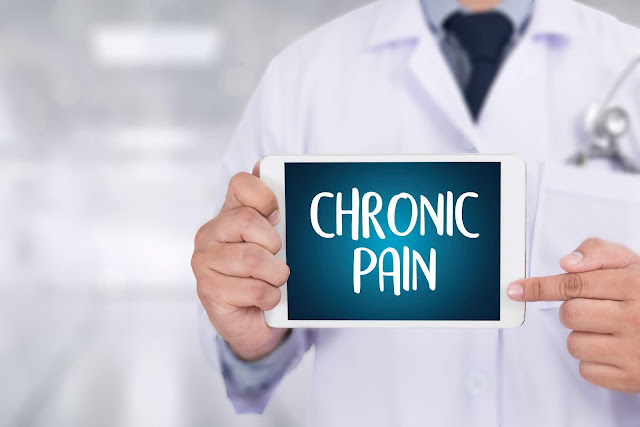Little Known Benefits of Opioid Pain Management

Opioids are a type of narcotic pain medication. Opioid pain medication includes naloxone and oxymoron, oxycodone and acetaminophen, oxycodone, methadone, meperidine hydromorphone, hydrocodone, fentanyl, codeine. Most of these drugs are prescribed by your doctor to take by mouth. Fentanyl is available in the form of a patch.
Opioid pain medication is an effective part of pain management when taken under a physician's close supervision. Opioids are known to be very effective to ease severe pain. Opioid pain medication is frequently used to treat acute pain (post-surgical pain) and severe pain caused by diseases (cancer).
How do opioids work for pain management?
Many pain management specialists have used opioid pain medication to treat pain for thousands of years. Opioids are effective for treating chronic pain, nerve pain, headaches and acute pain involving muscle, skin or joints and bone pain following surgery or injury. Opioids attach to the opioid receptors present on the nerve cells in the spinal cord, brain, and other body parts. When opioids attach to these receptors, they block the pain messages sent from the body to the brain and effectively relieve pain.
Benefits of opioid pain management:
Opioid pain medication binds to opioid receptors in the spinal cord, brain and other areas of the body. They send signals to your brain that you are not in pain. Opioid pain management can treat moderate to severe pain that may not respond better to other treatment or pain medications. Several trials have documented the effectiveness of opioids for the treatment of non-malignant chronic pain such as painful peripheral neuropathy, post-herpetic neuralgia, and back pain.
Transdermal fentanyl has proven its efficacy to decrease chronic low back pain and improve functional disability. Hydromorphone and oxycodone are straight narcotics. Doctors use a combination of medications to diminish pain and dependency.
There are so many controversies regarding the use of opioid pain medications but still, doctors prescribe opioid pain management therapy for chronic pain when all other treatments fail to work. The simple fact is that opioid pain management therapy works great when taken under right supervision and exactly as guided by the physician.
There are many patients all around the world who have not gotten relief from other treatments but they find relief through opioid pain medication without developing any dependency and addiction. For those people, the benefits outweigh the risks. Potential for dependence and negative side effects do not happen in every case. For many chronic pain patients, opioids can help provide them their life quality back.
Usually, physicians start opioid doses very low and increase them slowly until a curative level is reached. It is important to tell your doctor about any other medications you are taking because certain medications may interact negatively with opioids. Your physician performs a complete assessment to monitor your condition and overall health before starting opioid pain management therapy. They watch the effects and increase the dosage accordingly.
Many chronic pain sufferers tolerate the dosage of the same opioid for years without developing drug tolerance or without building up any kind of physical dependency on the drug. Opioid pain management therapy improves function and life quality.
Conclusion:
For patients who
are suffering from chronic pain and not getting relief from any
treatment, opioid pain medication can be the right route to take.
Opioid pain medication is effective and safe when taken under proper
medical supervision.


It's an informative blog from you. You can catch more entertainment-related interesting e-books on hearfind.com.
ReplyDelete